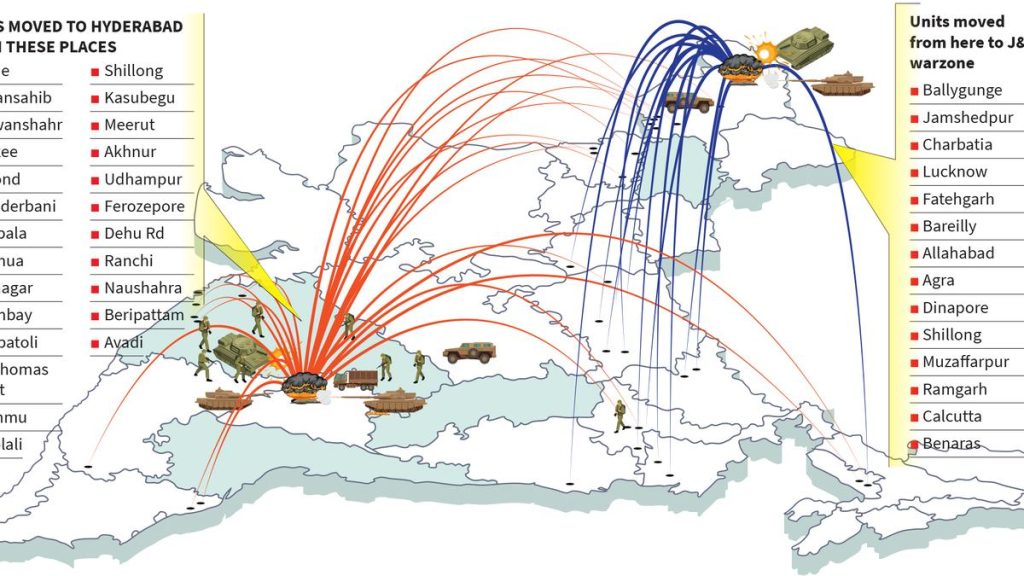Now Reading: Is Earth’s Climate Nearing a ‘Termination Shock’?
-
01
Is Earth’s Climate Nearing a ‘Termination Shock’?
Is Earth’s Climate Nearing a ‘Termination Shock’?

Quick Summary:
- Global Warming vs. Aerosols: Strategies like spraying reflective particles into the stratosphere to combat climate change have theoretical risks, including “termination shocks” where temperature rises rapidly after aerosol interventions cease.
- Air Pollution Mitigation Impacts: Reducing sulphur aerosols through actions like China’s pollution controls and IMO shipping regulations has improved public health but also led to unintended warming effects due to decreased reflection of sunlight by aerosols.
– Example: China’s clean air measures as 2012 cut particulate matter and sulfur dioxide emissions by half and two-thirds respectively,saving millions of lives but intensifying heatwaves and contributing globally to temperature increases.
- Regional Whether Effects:
– Shipping lanes see fewer lightning strikes; tropical cyclones, ocean heat blobs near Alaska, intense monsoons in India are thought linked to aerosol reductions.
– India’s seasonal rainfall intensification may surge further as future pollution cuts remove cooling dampening effects of aerosols.
- Oceanic Impacts: Sudden heating from reduced ship emissions threatens marine ecosystems like Australia’s Great Barrier Reef with coral bleaching. Scientists suggest recalibrating emission rules for remote areas at sea could mitigate damage.
- Research Insights for Geoengineering risks: Researchers caution solar geoengineering plans inspired by aerosol dynamics could exacerbate extreme weather events unless precisely managed.
Indian opinion Analysis:
India stands at an intersection between improving air quality and understanding its far-reaching climatic consequences. Efforts toward cleaner energy will benefit public health globally yet amplify challenges such as heavier monsoon rains or potential disruptions in agricultural cycles tied to rainfall intensity. This highlights the dual-edge nature of environmental policies; while transitioning away from polluting fuels is vital for human safety, policymakers must account for the broader impact on ecosystems.
The insights emerging around aerosols serve as a wake-up call about unintended climate feedback loops-emphasizing a need not only for domestic modeling improvements but also enhanced collaboration with international research initiatives. India’s role in preparing resilience strategies against intensified monsoon flooding or broader changes underscores that mitigating climate change requires nuanced solutions balancing both immediate health benefits and long-term environmental stability.
























